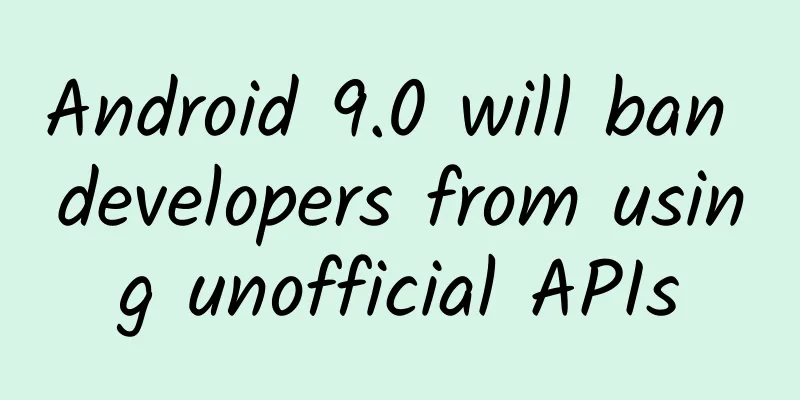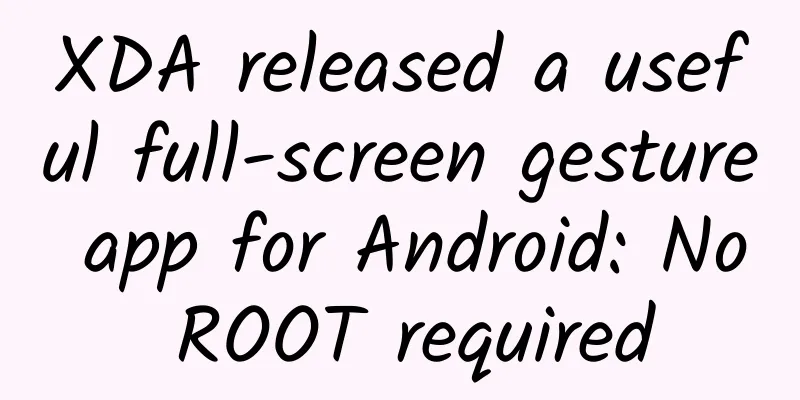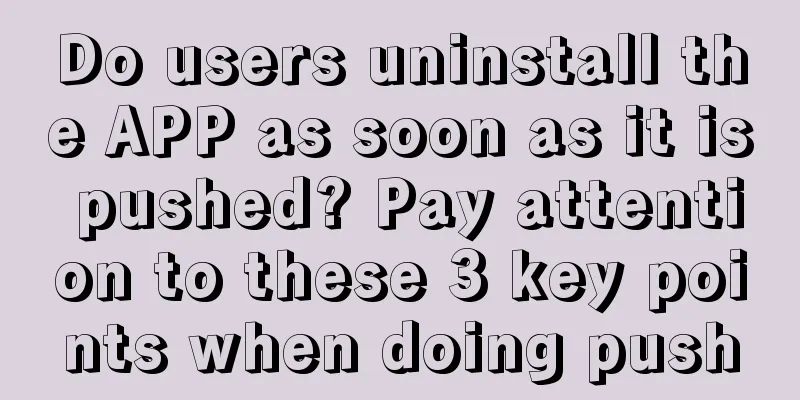Android 9.0 will ban developers from using unofficial APIs

|
According to the developer forum XDA, a recent submission report in the Android Open Source Project (AOSP) found that Android 9.0 may restrict applications from accessing undocumented APIs in the Android SDK. Let's first explain what API (Application Programming Interface) is. Let's take a simple example, such as Weibo's public API. Developers can get Weibo data based on these API interfaces, and then develop a third-party Weibo client. Developers only need to call these interfaces directly from the program without having to consider how to implement this function. For developers, this is something very useful. The Android Software Development Kit (SDK) provides developers with the API libraries and tools they need to test and build new Android applications. With each new version of Android, there are a series of new APIs available for developers to use through the Android SDK. However, this development kit is managed by Google, and not all APIs are submitted to Google. Many useful APIs are not authenticated or are directly hidden. Now many forums or forums for gamers have many software developed by individuals using these APIs. But with the update of Android 9.0, Google may completely ban access to hidden APIs. The most obvious change brought about by this trend is that the Android system may reduce a lot of auxiliary functional software developed by third-party developers in the future, such as some ad-removal plug-ins, button mapping, sign-in assistants, etc. In fact, Google started to clean up such software in the Play Store in November last year. Indeed, many people use this type of API to create some malicious software with viruses, but most applications without authentication APIs are benign. They are also a platform for Android developers to show their creativity and promote the development of the Android system. For example, the early status bar immersive plug-ins have now been integrated into the system by major Android phone manufacturers. Android's openness is a double-edged sword. We understand that Google may lock access to all hidden APIs in Android P to protect users from junk applications that abuse these APIs. But does Google need to carefully consider whether to limit Android's openness? A developer on the XDA forum bluntly said that the Android system is now more and more like a second iOS. |
<<: [Highly recommended] Four online tracking services to help you identify application anomalies
>>: Will the mobile phone system be updated? This is actually a big question
Recommend
Warning! A woman's vision dropped to 0.1 after using expired eye drops. Don't use expired eye drops anymore!
Xiao Zhao (pseudonym), a 29-year-old female offic...
They took the dry air guns away, leaving behind 52 steel arteries
In 2021, there were continuous important news abo...
Quarantined after receiving a phone call? Beware of new scams!
The epidemic continues in various places This gav...
If you pick up a stone on the road, how do you tell if it is a meteorite?
The price of a good quality stone on Earth can be...
Li Xingxing PR tutorial 15 episodes, Li Xingxing PR editing score strategy 15 lessons Baidu cloud download
Li Xingxing PR tutorial 15 episodes, Li Xingxing ...
Offline event planning and traffic diversion skills!
Nowadays, the Internet dividend period has long d...
Why are used car e-commerce companies so keen on "advertising"?
Starting from a few days ago, you can already see...
The more you want to grow, the harder it is to grow
Regarding the issue of growth, there is a vicious...
Should I choose Blocks or Delegates during development?
[[150507]] Someone asked me a great question, whi...
Go look at the sun! my country successfully launches comprehensive solar exploration satellite "Kuafu-1"
10/09 07:43 my country successfully launches comp...
Even Tesla is not immune to charging problems
As the saying goes, "the army has not yet mo...
How does information flow advertising grasp user psychology? Use these 13 copywriting skills right away!
In information flow advertising consultation, the...
The most powerful copywriting for 520 Confession Day in history is here! !
520 is other people’s Valentine’s Day , but it is...
Changsha tea tasting, Changsha tea drinking service, SN club audition arrangement
185-6916-1745 WeChat synchronization, high-end ta...
Heavy rain in Zhengzhou affects production bases, iPhone production line is not affected, and Xpeng Motors factory stops production
Recently, many places in Henan Province were hit ...









